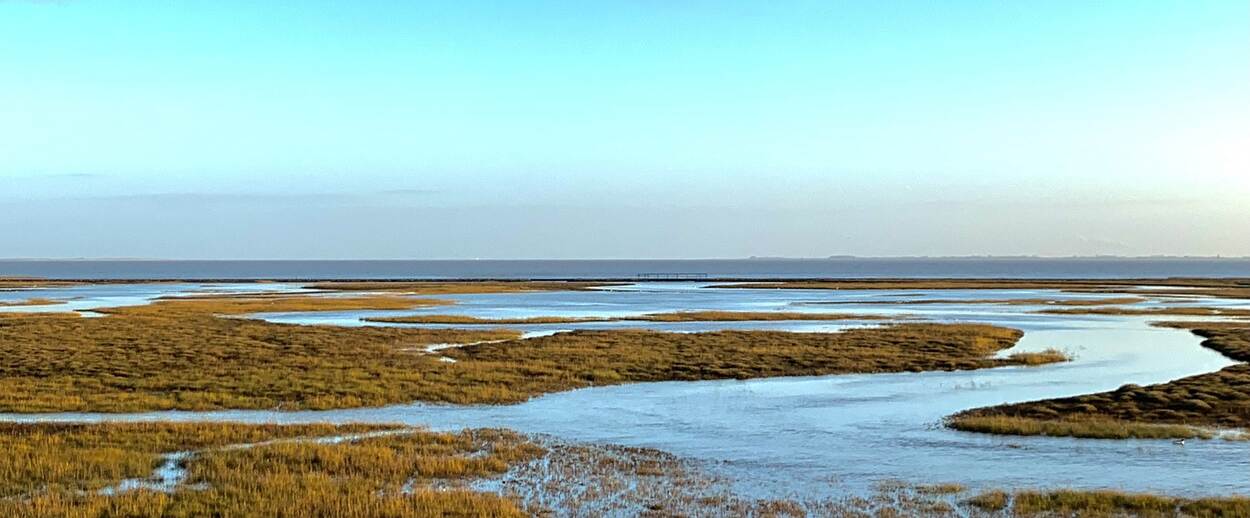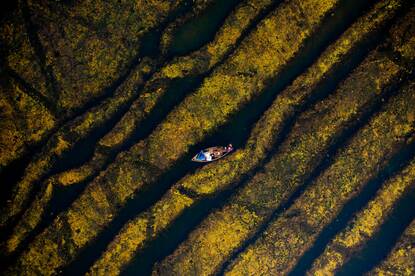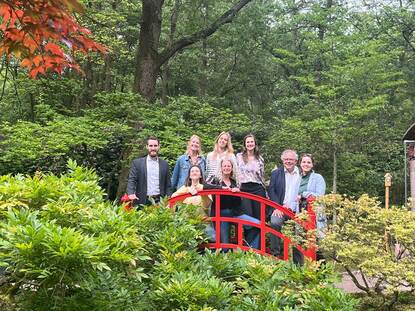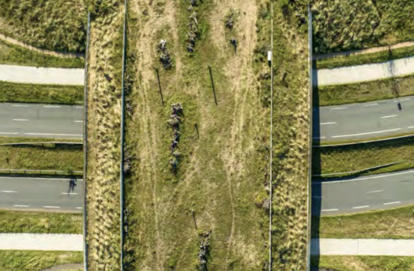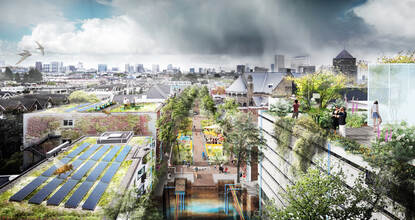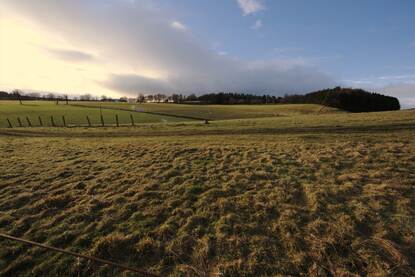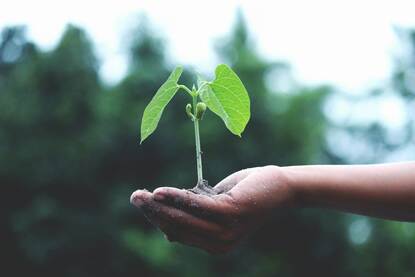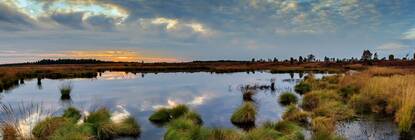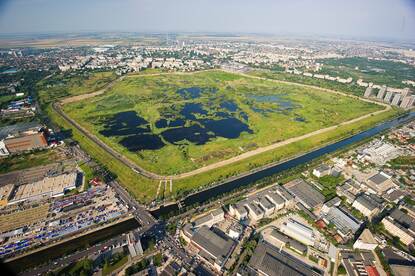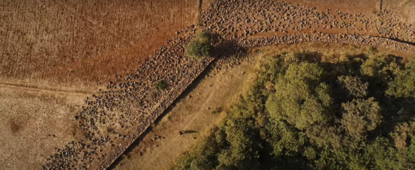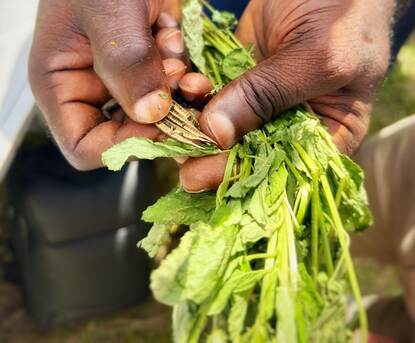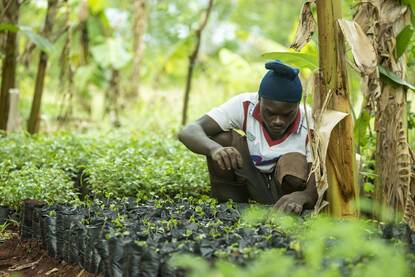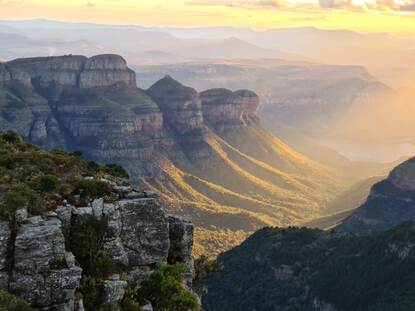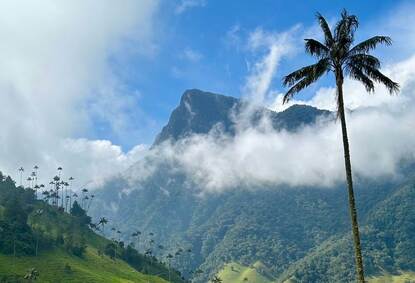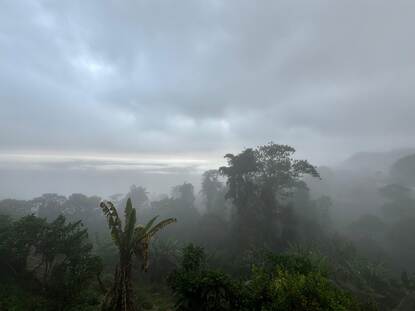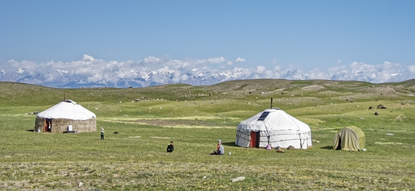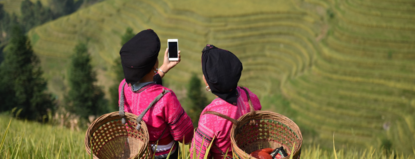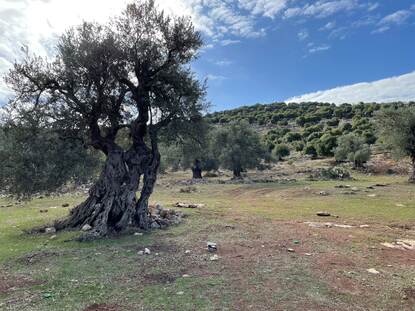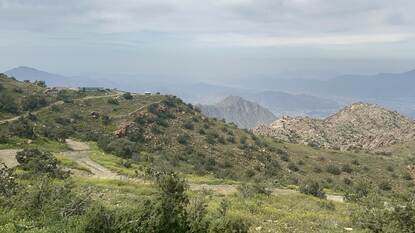Foto PxHere
Nature and biodiversity are of great importance. But unfortunately, it is in a very bad shape both in the Netherlands and worldwide, says Tim van Hattum, head of the climate program at Wageningen University and Research (WUR). WUR is one of the partners in NL2120, a consortium which will spend the next few years researching nature-based solutions to keep the Netherlands habitable. The knowledge gained from this will not only benefit the Netherlands but other countries as well.
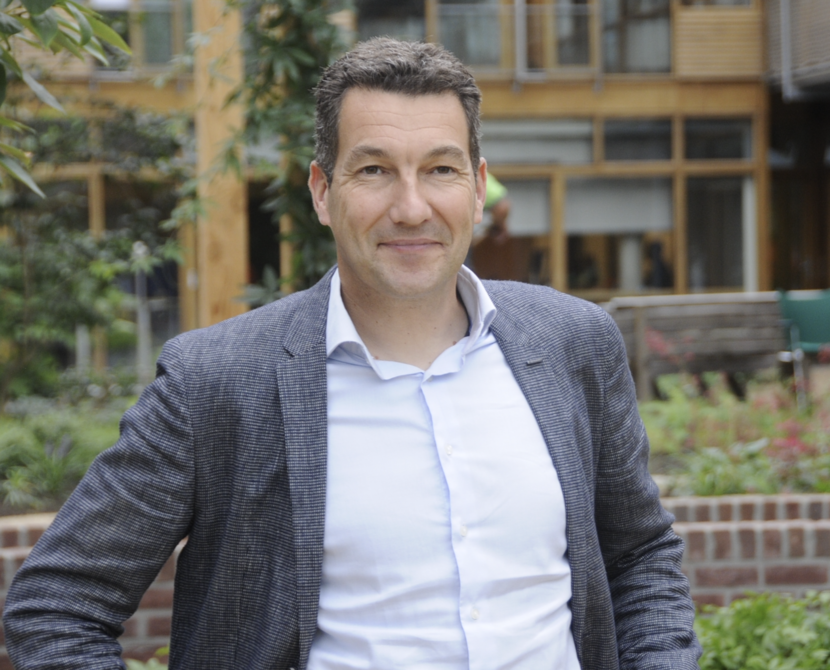
'In the climate world, we mainly focus on technical measures,' says Van Hattum. 'We talk a lot about the energy transition and things like that. But what we forget is that nature is one of the most important solutions to many of our problems. Half of all CO2-emissions are already absorbed by nature and nature helps create resilience to the impact of climate change. Also, nature and biodiversity are of great importance for preventing pests, making agriculture and horticulture possible and maintaining connected food chains on land, in rivers and in the oceans. Yet, we are breaking nature down'.
'The Netherlands is one of the most densely populated countries in the world,' he continues. 'As a result, there is a lot of pressure on space. This is partly because we produce food in a very intensive way. The repercussion of this is that biodiversity is declining like crazy. We often say: we are reaching a limit. But the truth is: we went over the limit a long time ago. Our system is on the verge of exploding.'
Restore balance to the natural system
The solution is clear. We need to strengthen nature. But how do we do that? For example, by creating more space for rivers and streams. That way you kill two birds with one stone: first, you create more space for excess water. And second, research by Utrecht University and Radboud University shows that a lower flood risk successfully leads to the incipient recovery of biodiversity.
Another measure is to restore peatlands. Van Hattum: 'We have turned our peatlands into grassland by keeping their water levels artificially low so that cows can graze on them. The result is subsidence and the release of CO2, two things you want to prevent.’
He goes on: ‘Other measures include natural coastal protection or more greenery in and around cities. And, of course, a switch to regenerative agriculture, or at least agriculture that is more in balance with the natural system.'
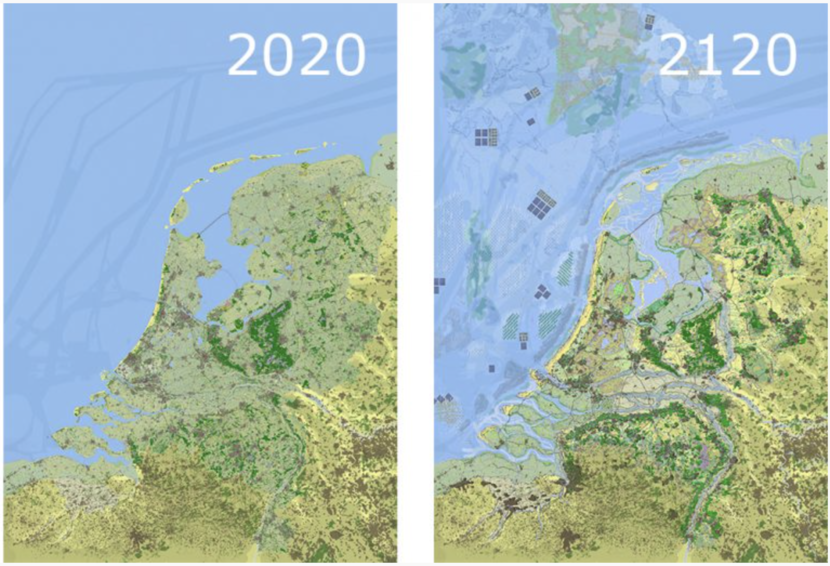
Regenerative agriculture feeds 500 million Europeans
Regenerative agriculture is a food production system that nurtures and restores soil health, protects climate and water resources and biodiversity. But does it provide enough food security? It can, science shows, says Van Hattum. 'It is all a matter of perspective on how agriculture should be organized. We should use our best agricultural land to produce plant-based food for people instead of fodder for animals.'
‘If we start eating more plant-based in Europe, a lot is possible. According to calculations by my colleague, Professor of Sustainable Food Systems Hannah van Zanten, we will be able to feed 500 million people, with, I believe, half as much agricultural land.'
Livestock farms do not have to disappear, he says. 'But there will have to be fewer than there are now. The residual flows from livestock farming, i.e., fertilizers, can be used to fertilize our agricultural land. And at the same time, we can also use residual flows from arable farming and from cities, food waste, to feed livestock.’
‘If we start eating more plant-based in Europe, we will be able to feed 500 million people, with half as much agricultural land'
Nature-based future for the Netherlands
WUR is one of the founding partners in NL2120, a consortium which will spend the coming years researching nature-based solutions to keep the Netherlands habitable. Van Hattum: 'Five years ago, we developed a vision document that shows us the Netherlands of the Future: A nature-based future for the Netherlands in 2120. It sketches opportunities for our economy, biodiversity and quality of life, with a leading role for nature and natural processes. To be precise, we visualized what the Netherlands would look like if you applied nature-based solutions on a large scale.’
He continues: ‘Our story is a different story, a hopeful one. It does not include half of the Netherlands disappearing under water, like some views of the future do. Instead, it shows us that in 100 years, it will still be possible to live in a cool country. But only if we focus on both technological and natural solutions.'
NL2120
Then, the NL2120 Consortium was established. On behalf of the Consortium, the Ministry of Infrastructure and Water Management and the Ministry of Agriculture, Fisheries, Food Security, and Nature applied to the National Growth Fund for funds. That application was approved in 2022. This has led to the NL2120 knowledge and innovation program, which will invest 110 million euros in researching natural solutions.’
What are NL2120's plans? Van Hattum: 'In the knowledge program, governments, nature organizations, engineering firms, dredging companies and knowledge and professional institutions work together on nature-based solutions to major challenges in areas such as climate, nature-inclusive agriculture and biodiversity. The aim is, among other things, to restore biodiversity and at the same time maintain and strengthen production capacity.'
Biodiversity elsewhere in the world
NL2120's plans do not only benefit the Netherlands but other countries as well. 'Biodiversity is in a very bad state everywhere,' says Van Hattum. 'That means that we will have to restore natural systems and biodiversity worldwide. That is why we are exploring the global need for nature-based solutions. The United Nations did a financial study, which shows that we need a global investment of 700 billion euros per year in nature-based solutions. Now, only 150 billion euros are invested per year, so there is a financial gap of 550 billion a year.'
Other countries will be able to take advantage of Dutch knowledge and experiences. Van Hattum: ‘We will soon be able to show how a low-lying, densely populated delta can be designed in a nature-based way. So that you can still live comfortably, without breaking down nature and compromising food security. All low-lying deltas in the world are desperate for that knowledge.'
Local knowledge and role of the Netherlands Agricultural Network
The tricky thing about exporting knowledge on nature-based solutions, according to Van Hattum, is that there isn’t always a one-size-fits-all solution. ‘As a result, you need specific knowledge that often is available locally. The Netherlands Agricultural Network (LAN), with its posts all over the world, can help us access that knowledge.’
'Every region, country or continent should create a hundred-year vision of the future with a healthy natural system as the foundation for a prosperous future, like we did in the Netherlands,' Van Hattum adds. ‘Obviously, I see an important role for the LAN teams in this as well. It would be fantastic if they could initiate or assist in the international search for biodiversity restoration and nature-based solutions. Agricultural Counselors that want more information about biodiversity and nature-based solutions can contact the NL2120 Consortium in Amersfoort. Van Hattum concludes: ‘International upscaling is an important component of what we do.'
More information
Would you like to know more about nature-based solutions and NL2120, you can visit the website of NL2120. You can also send an email to: info@NL2120.nl.
